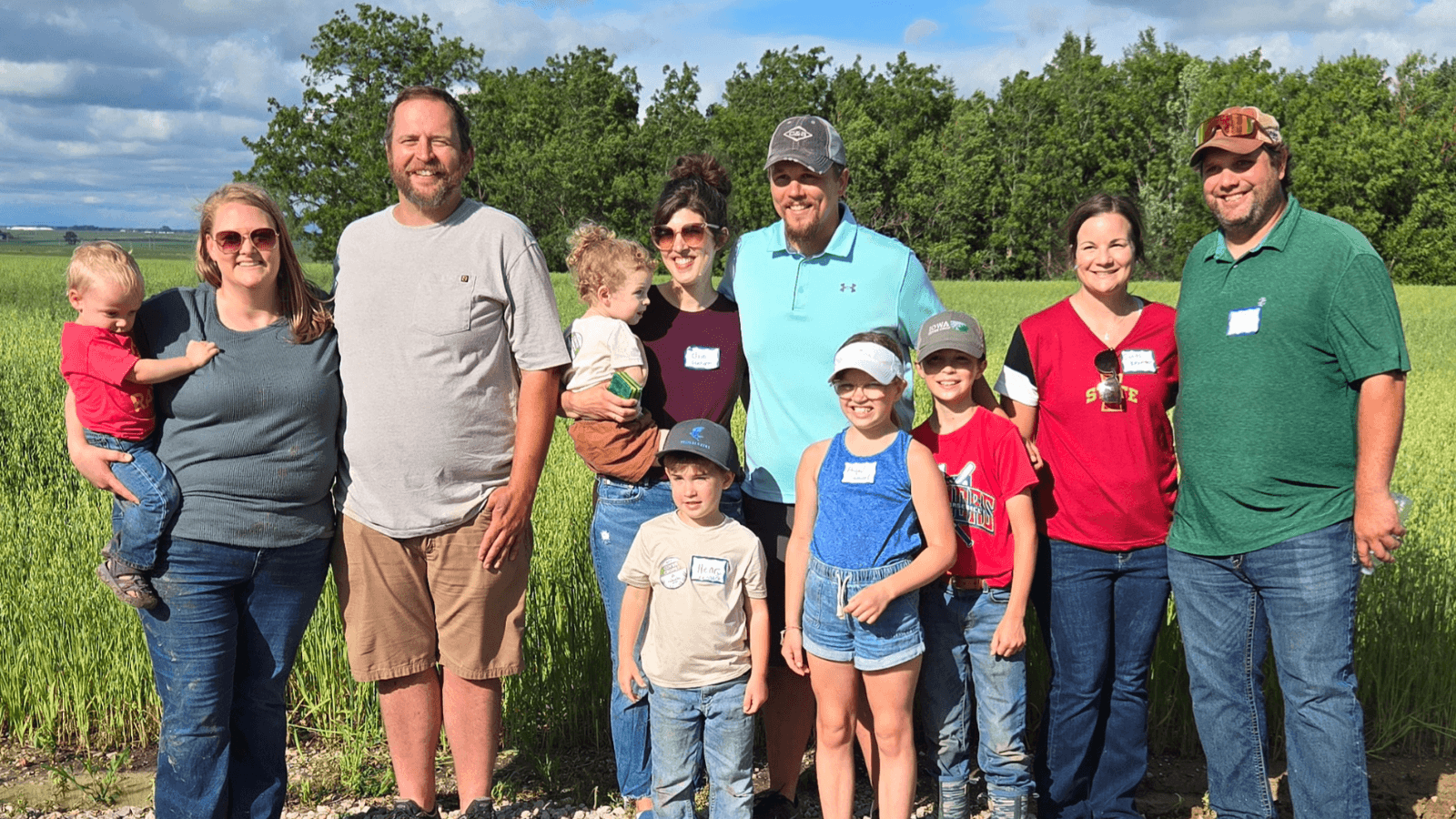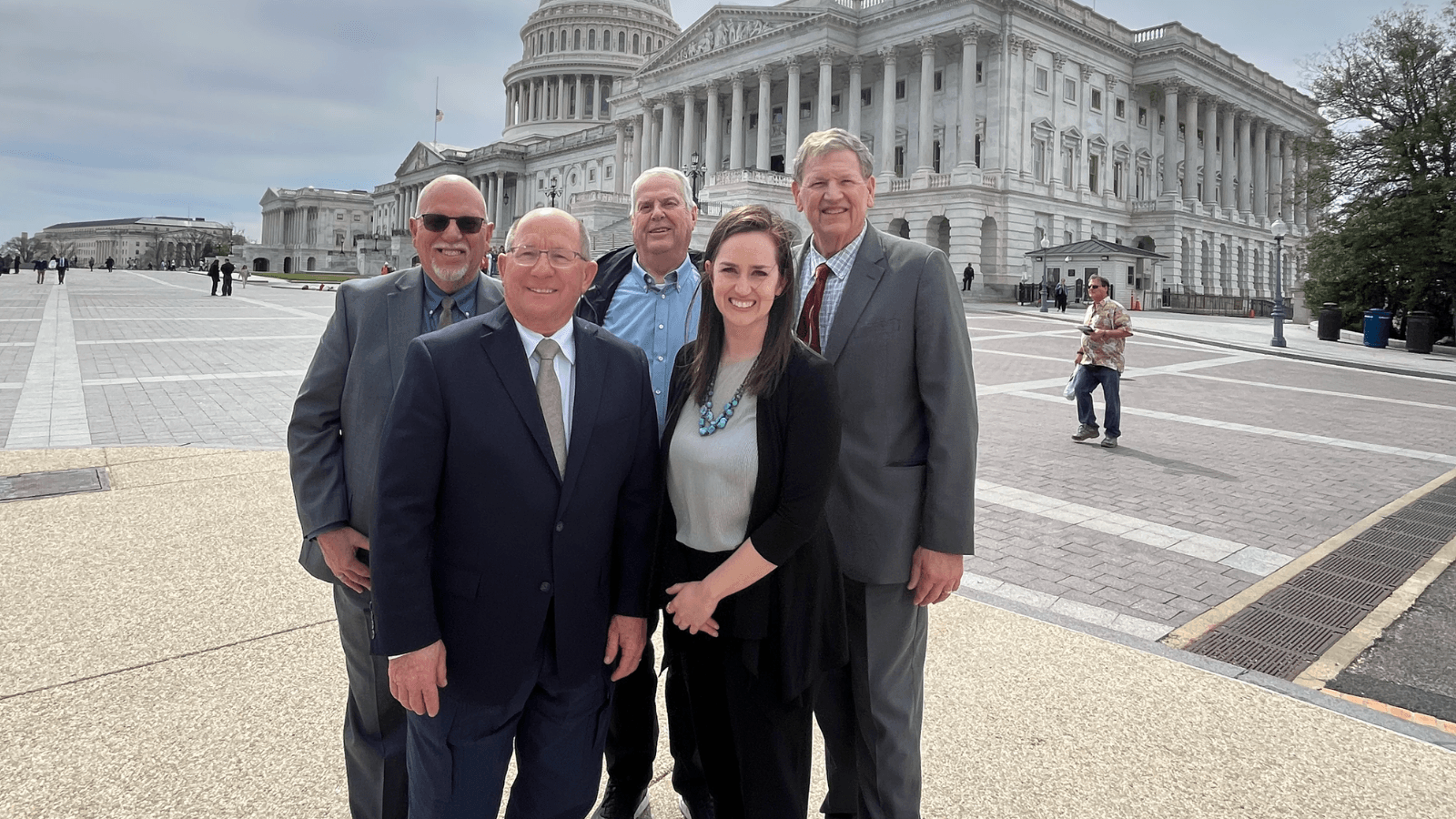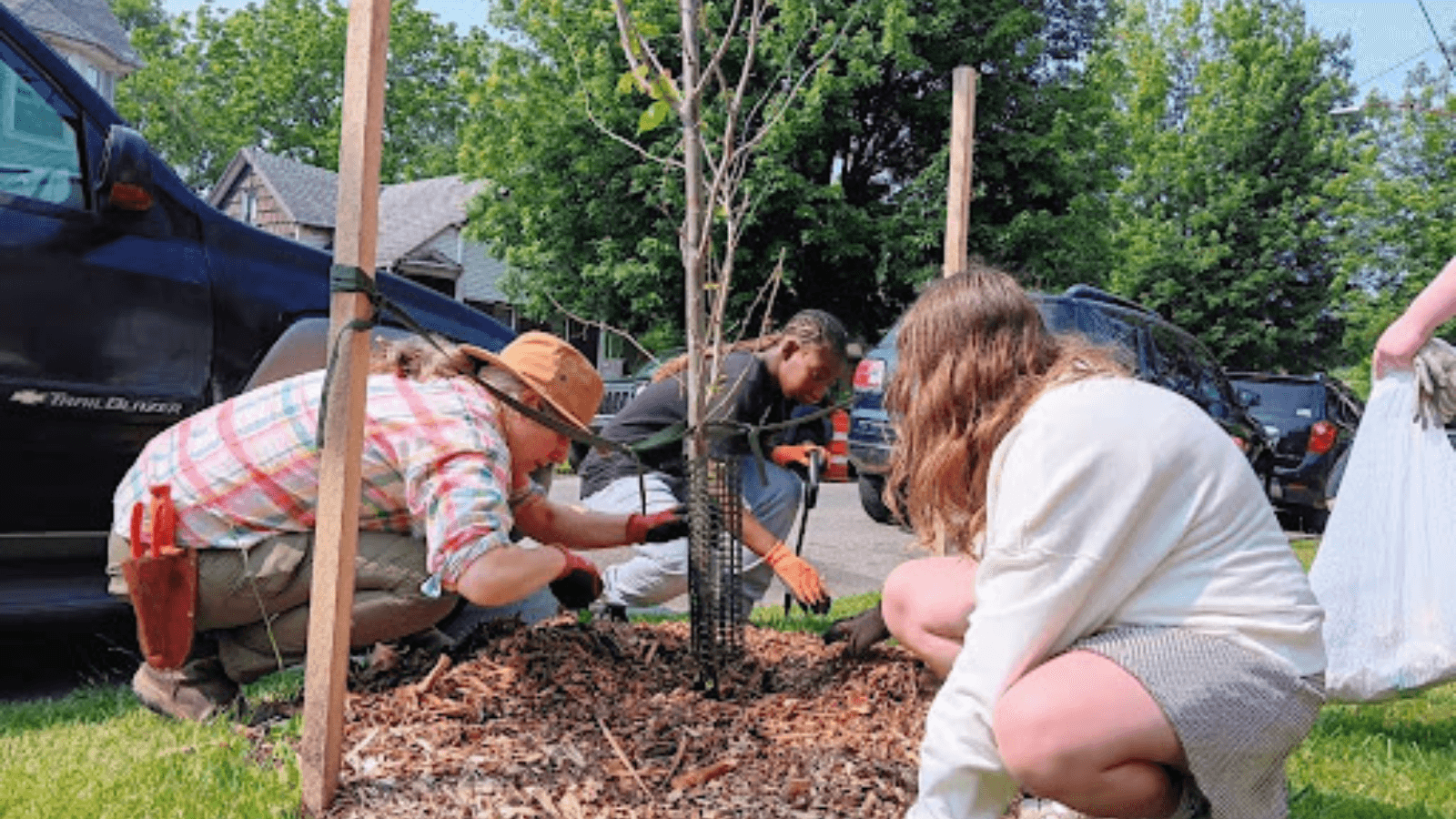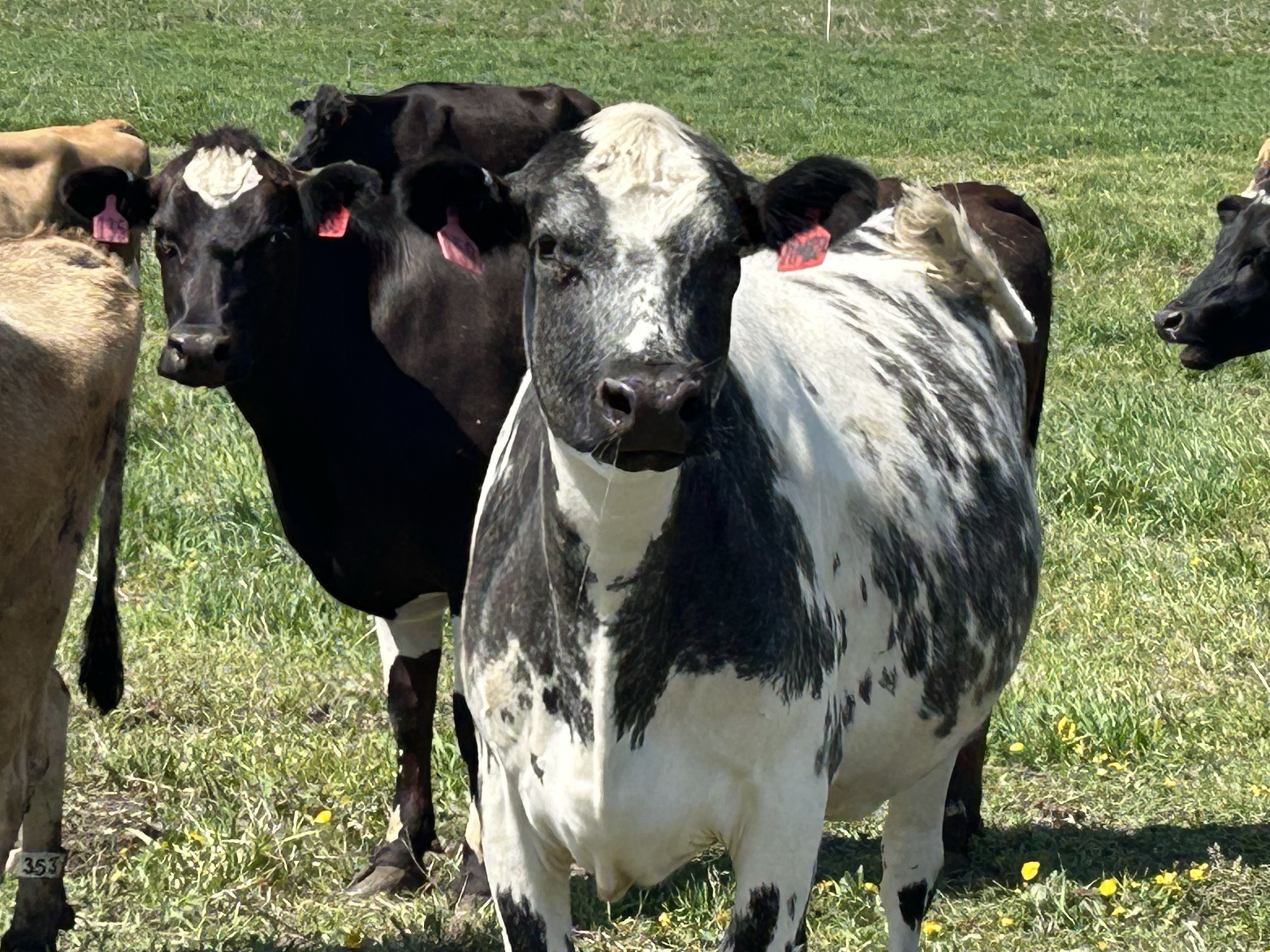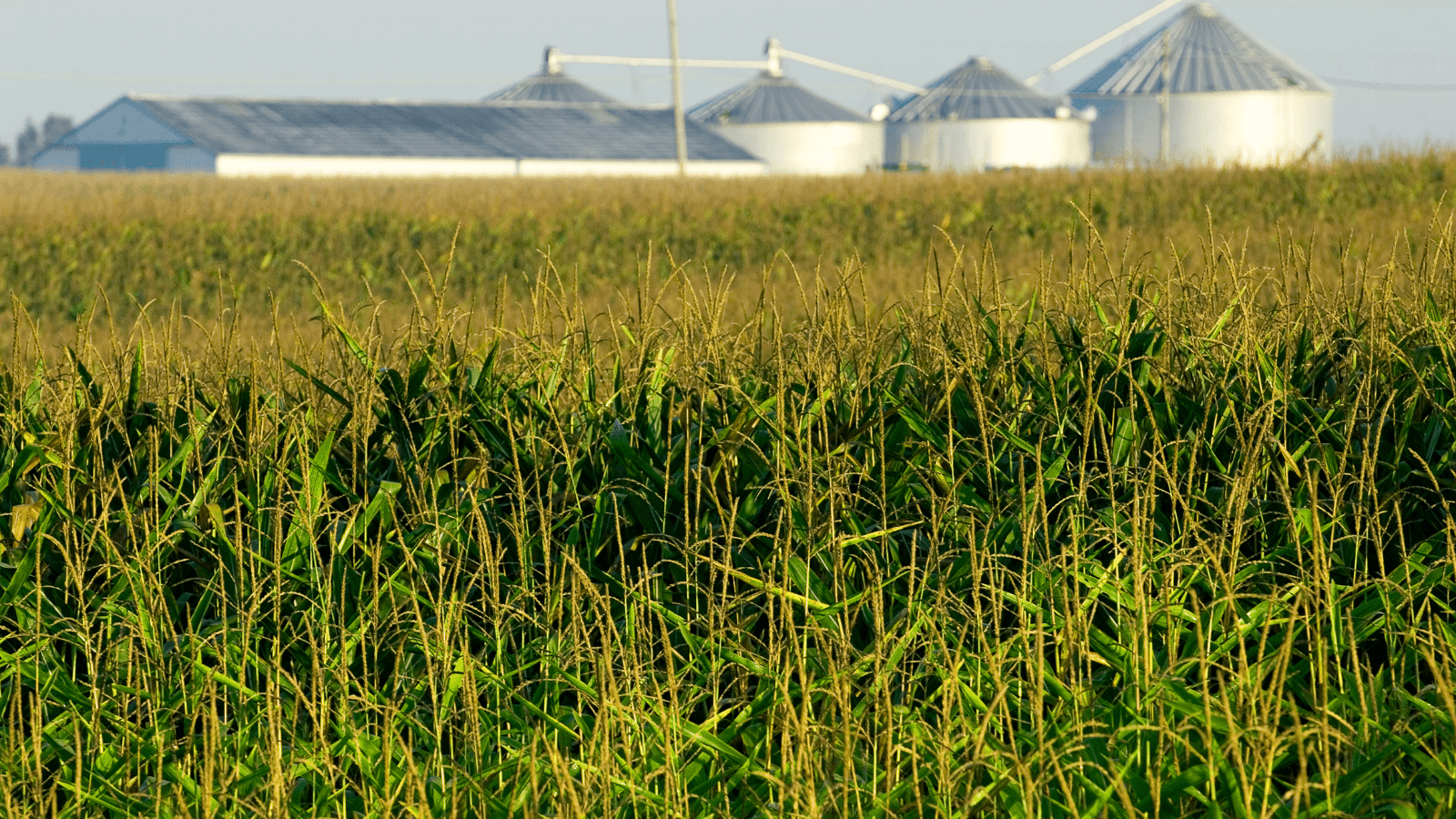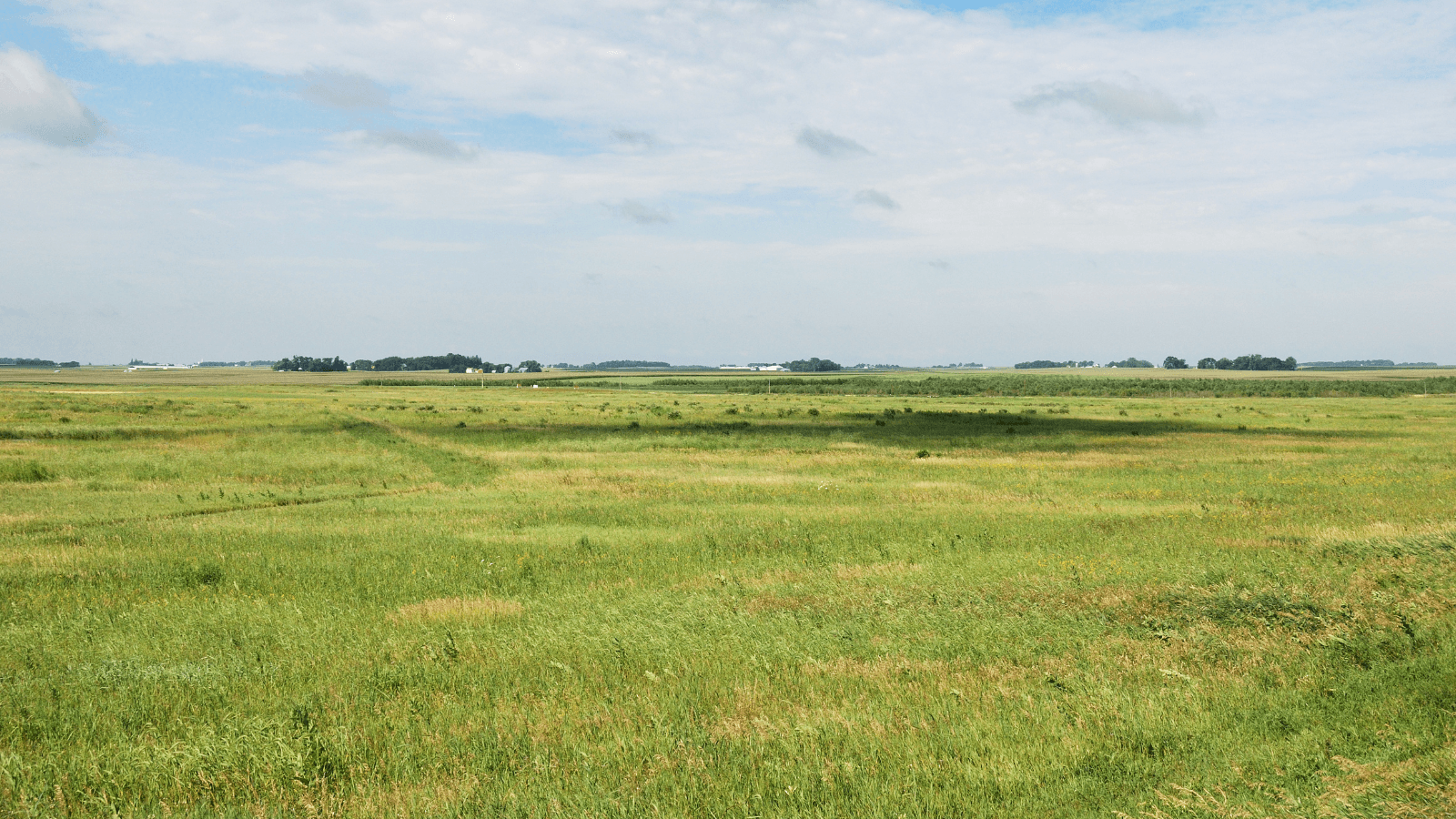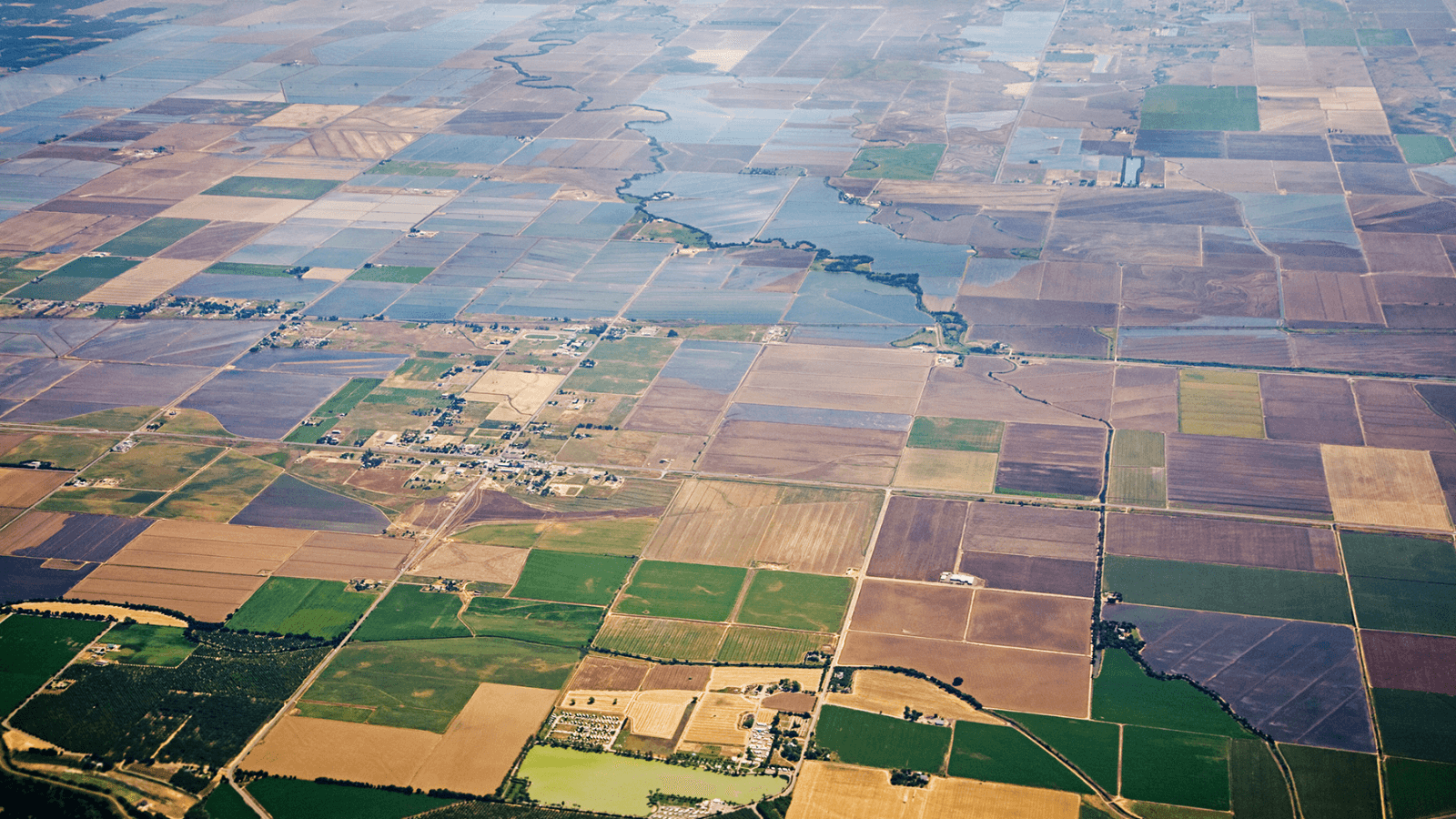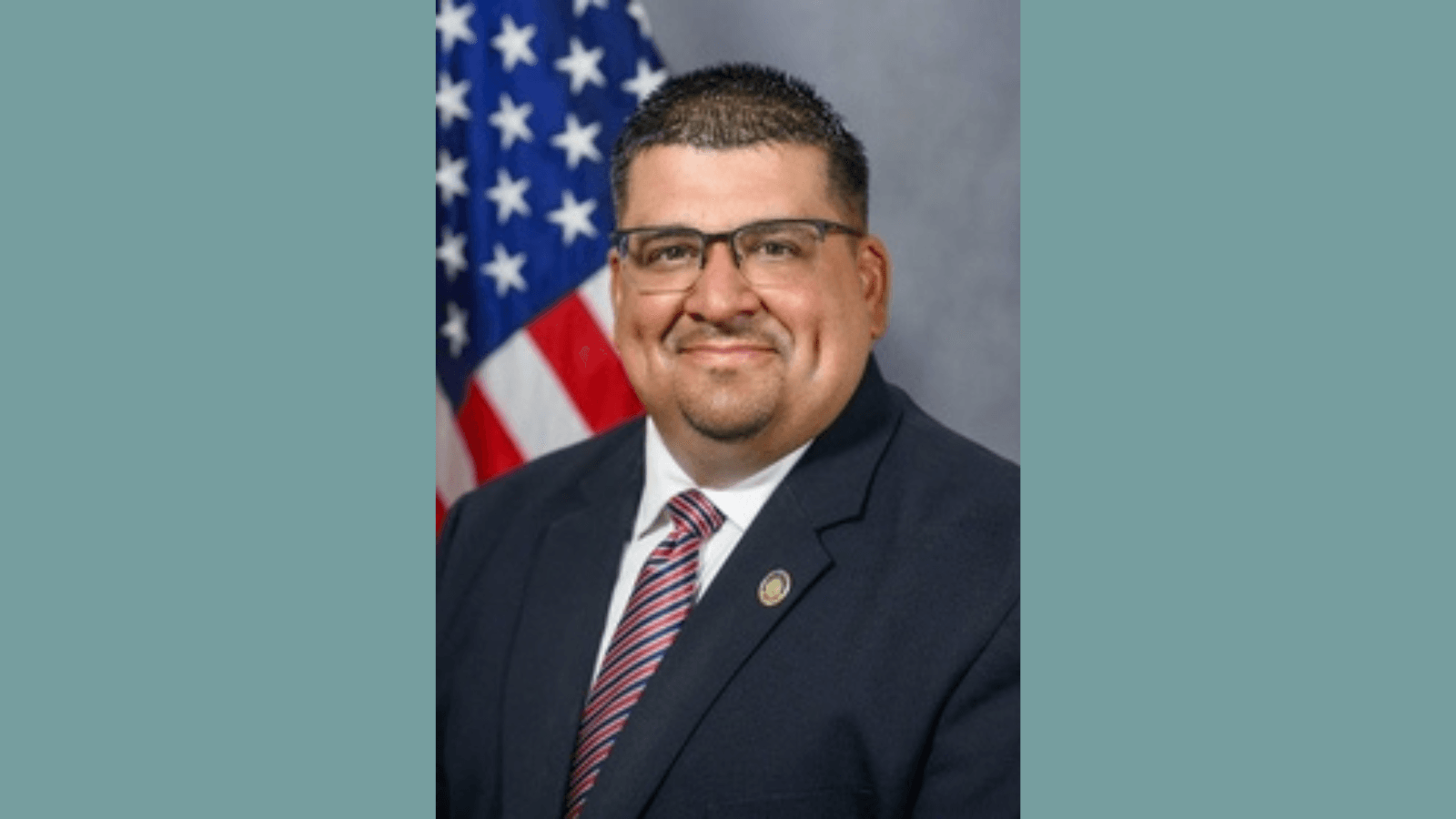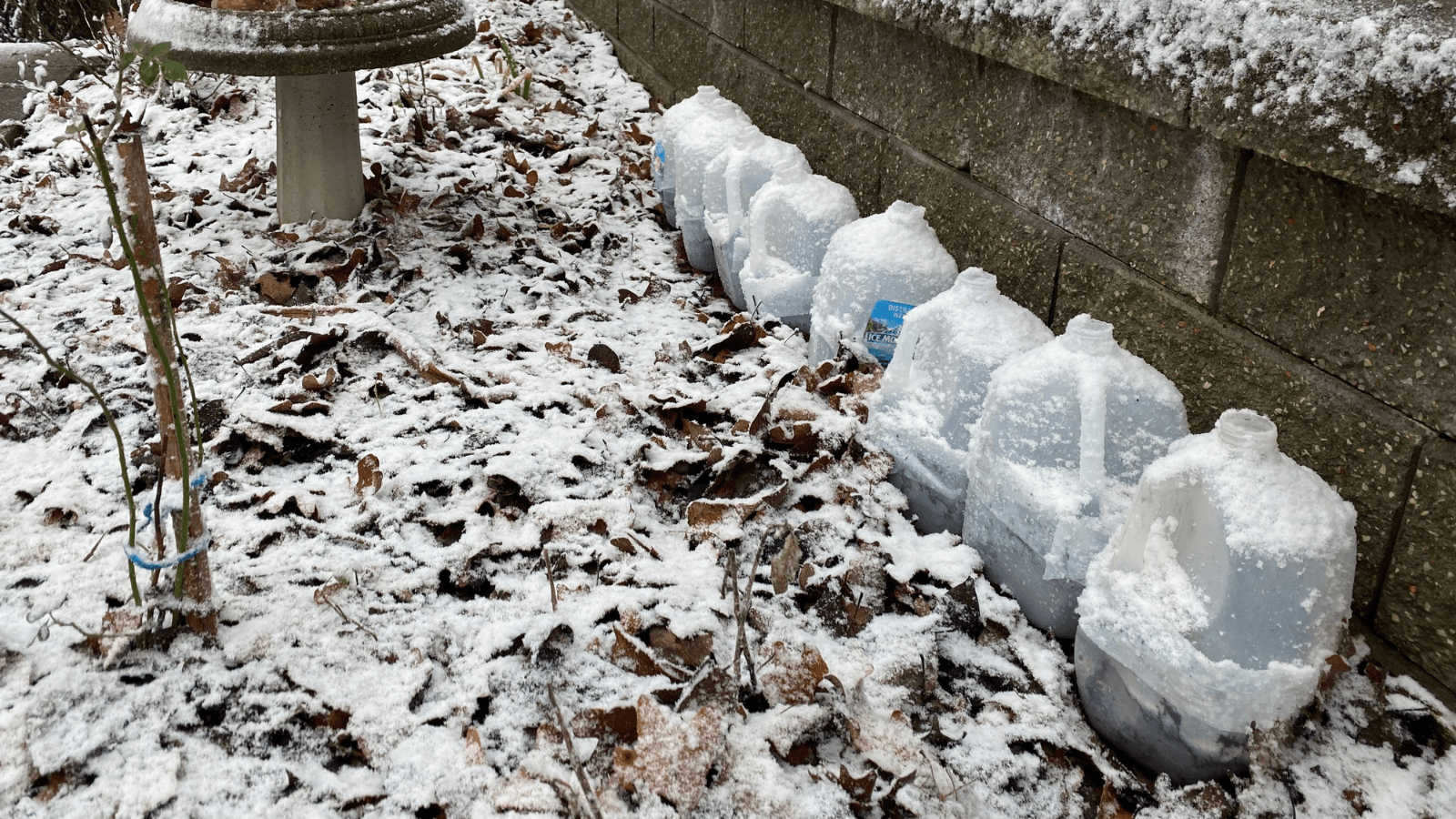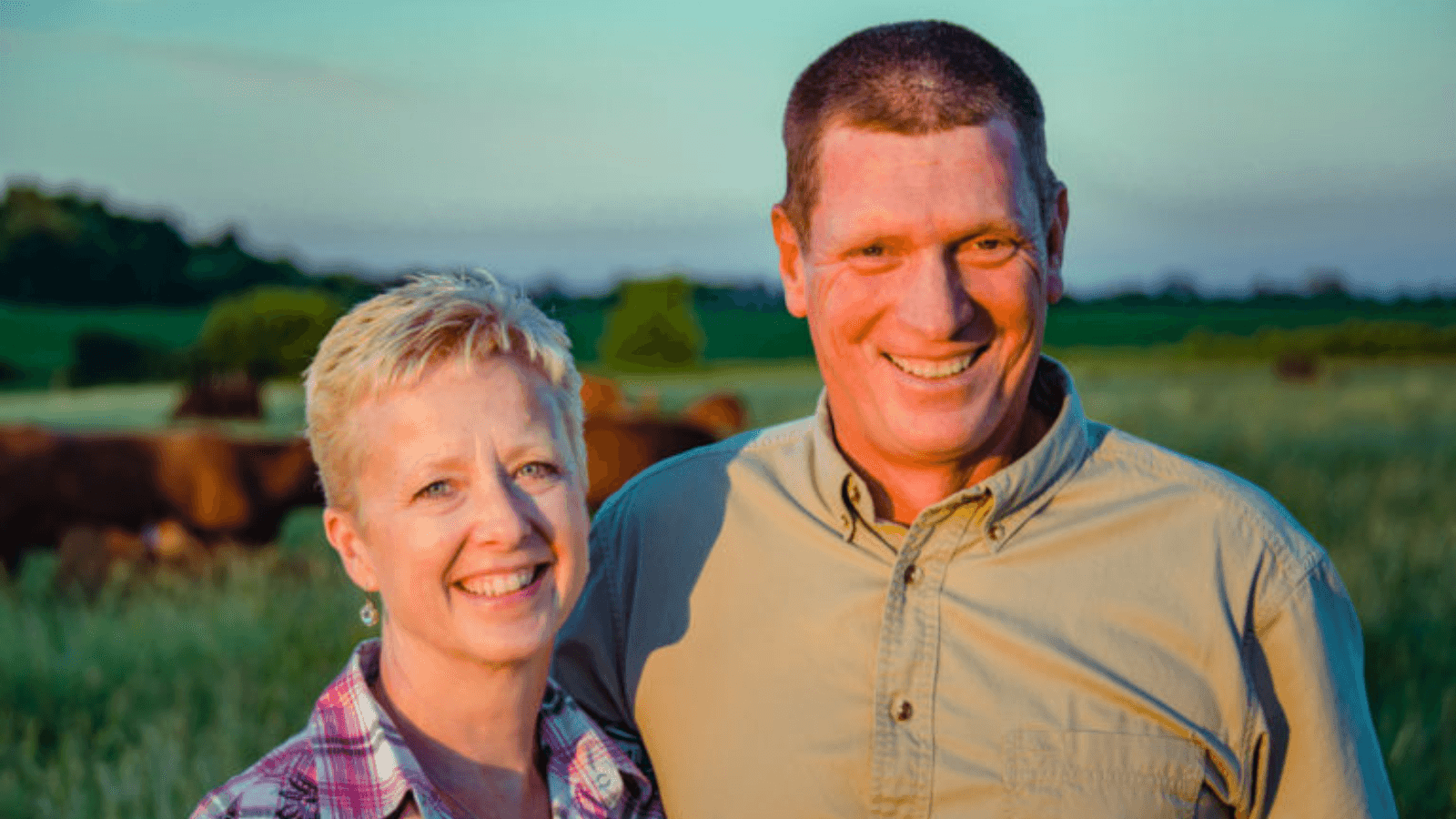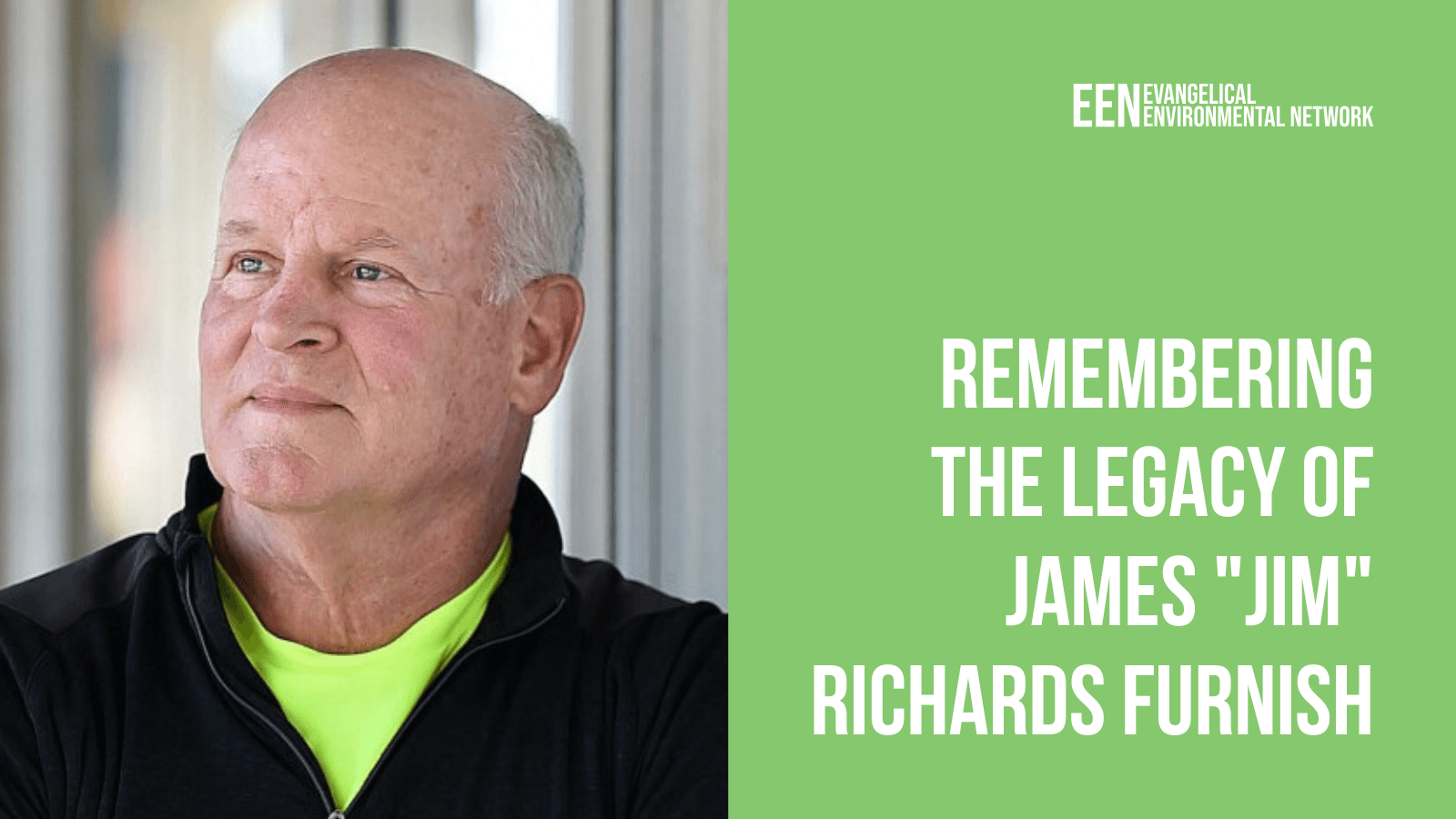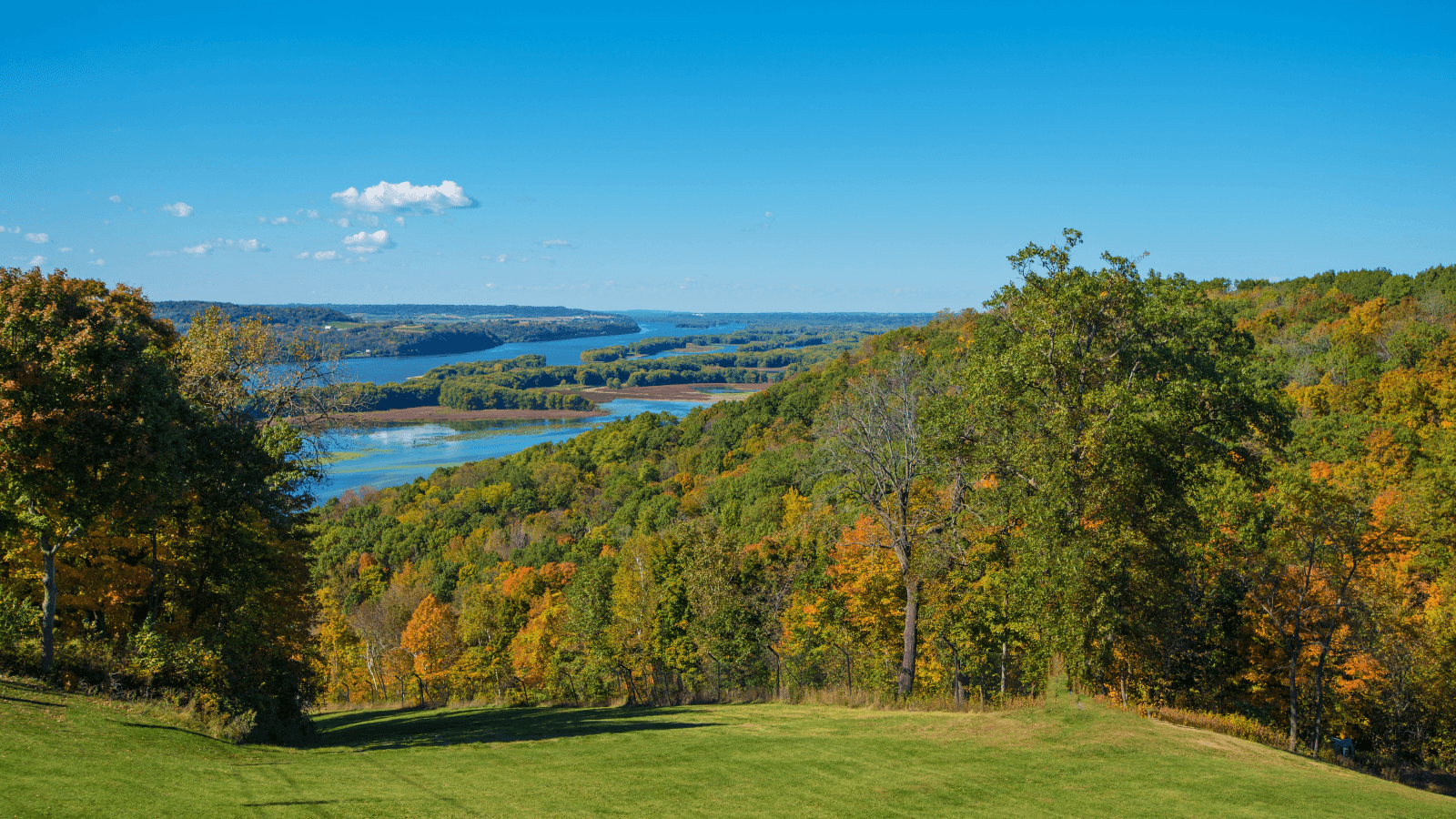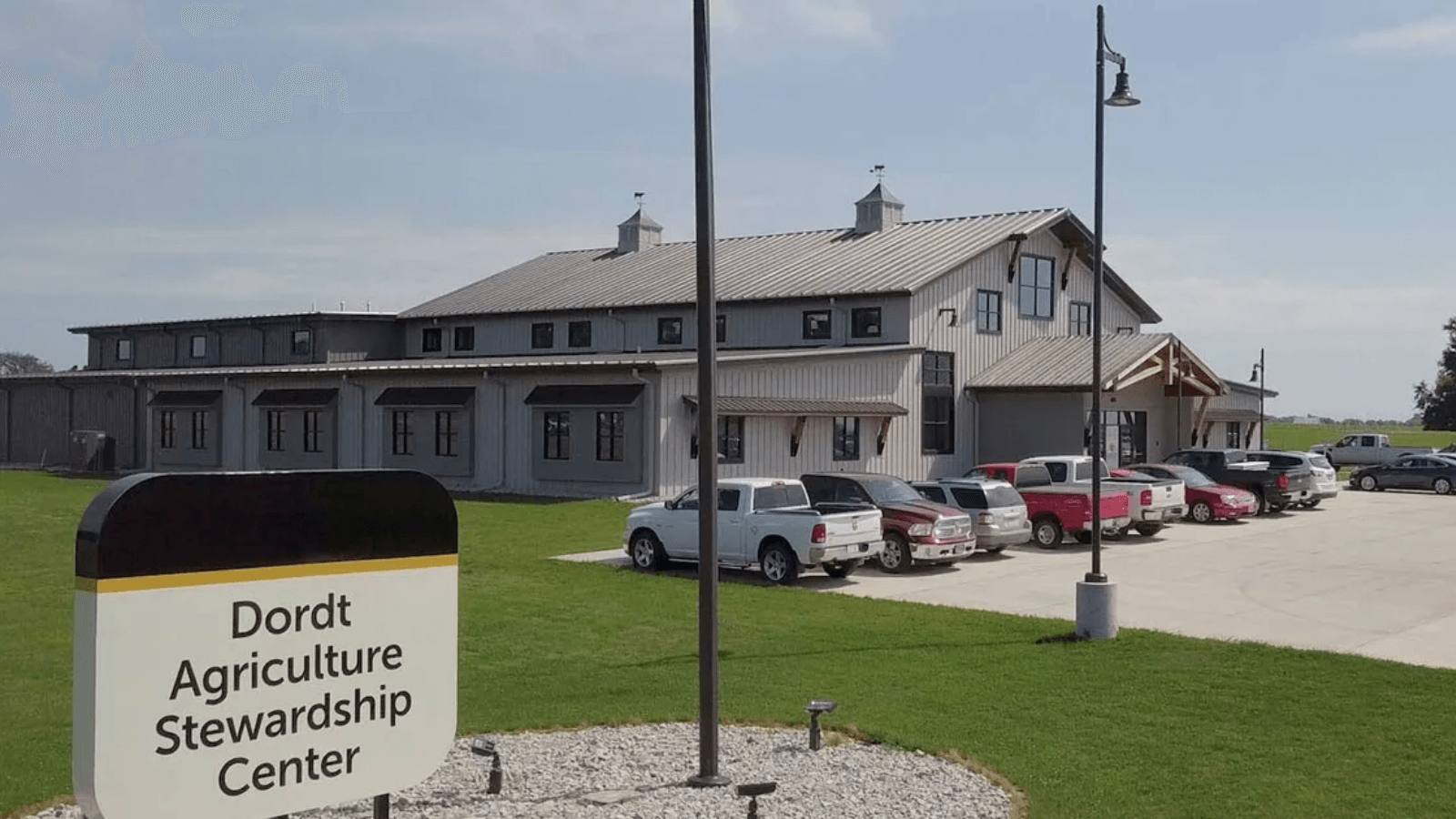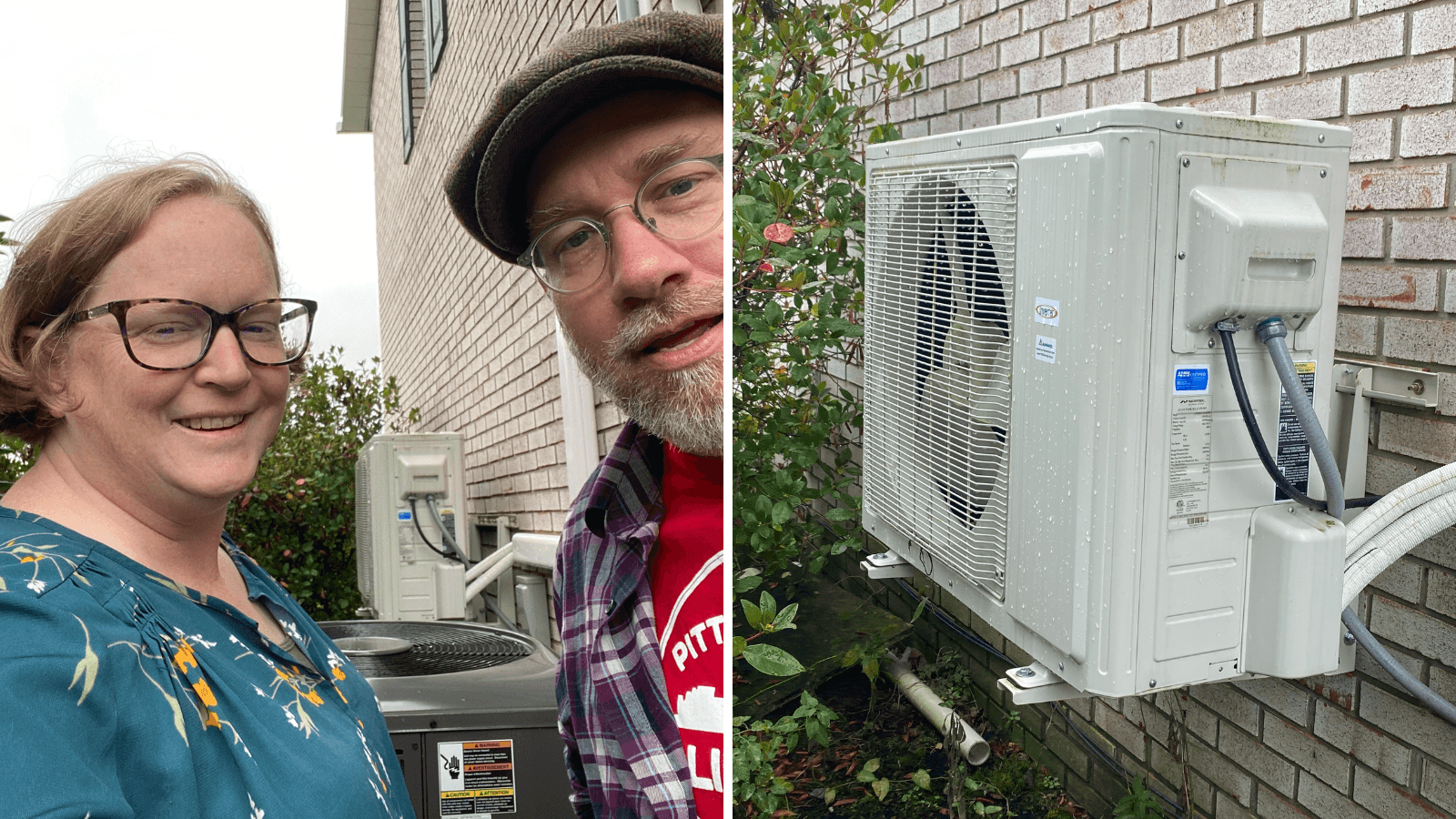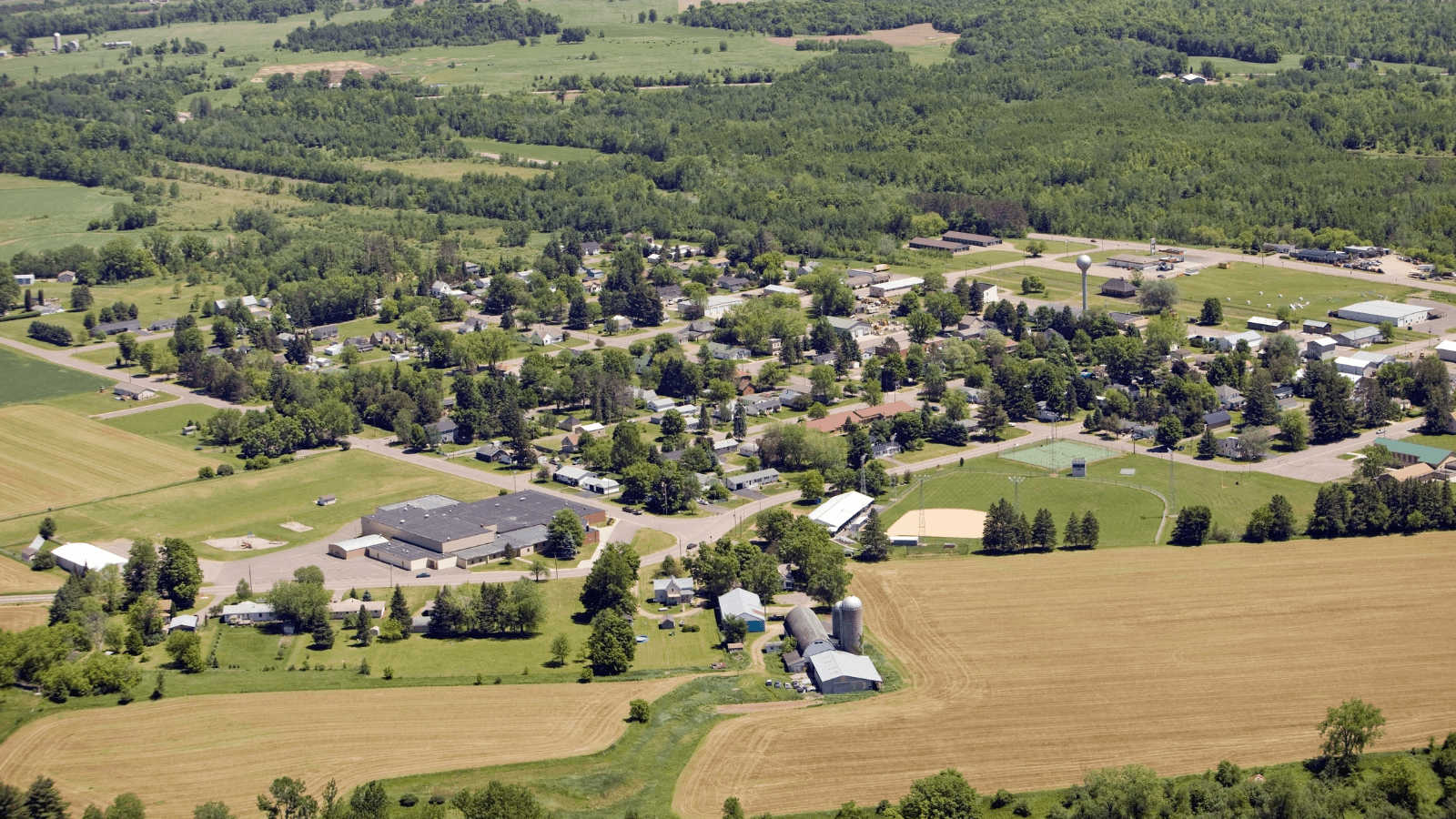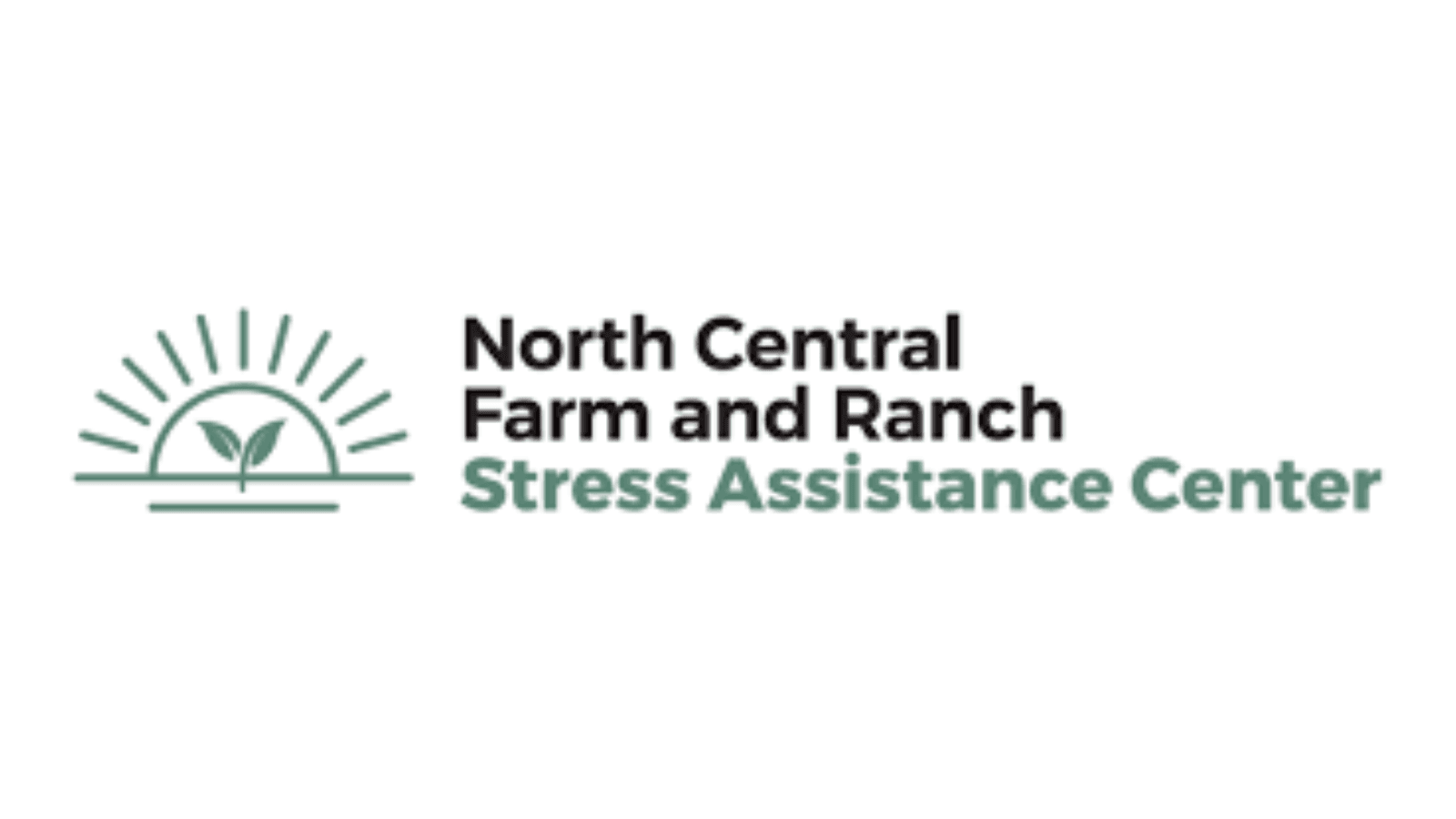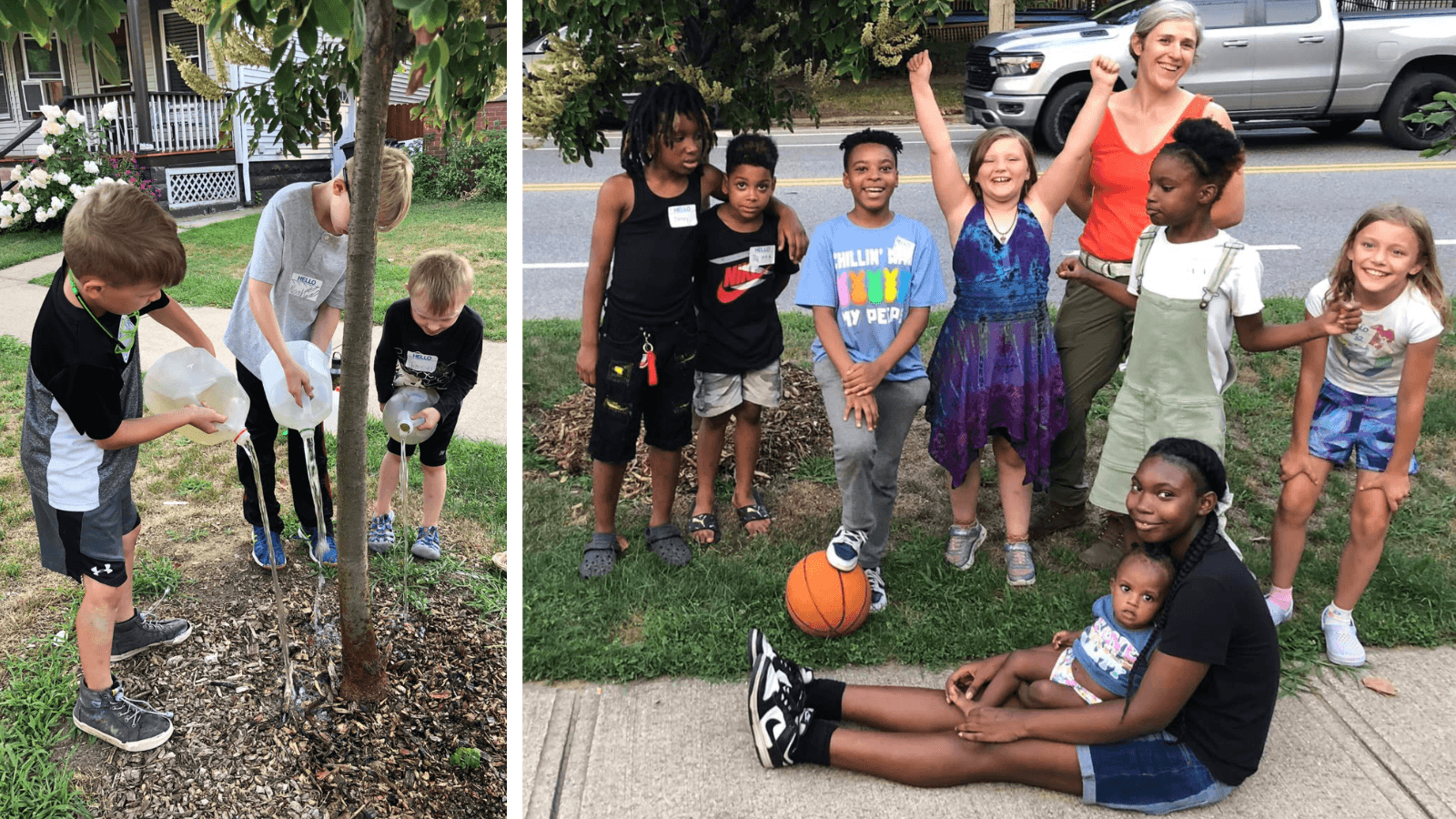This piece by Iowa farmer Jenna Steffen is a powerfully written description of a collaborative farming community model that is guided by three core principles: character, conviction, and competence. She summarizes the purpose of KSS Farms by writing, “we’re not just growing crops–we’re growing community.”
Over the last two years, the EEN community has rallied behind our nation’s farmers and ranchers, advocating for increased support to chronically oversubscribed and underfunded voluntary conservation agriculture programs. EEN’s efforts resulted in a historic success with the inclusion of a permanent funding increase to conservation agriculture programs in the One Big Beautiful Bill Act (OBBA).
45Z, first introduced via the Inflation Reduction Act then enhanced under the One Big Beautiful Bill, has the opportunity to not only supercharge the American Soil Health Movement, but change global agriculture. Learn more about this tax credit and how America's famers can be prepared for the program from an expert in the field, Mitchell Hora.
Rev. Jack shares some of the questions and lessons around fasting, food, and farming that he was able to ponder during his recent sabbatical.
Learn more about the importance of tree cover in urban areas through EEN's recent tree care work in Cleveland, Ohio.
EEN's Upper Midwest Coordinator, Rev Tim Olsen, shares the holistic farming story of Seven W Farm in Iowa.
Marty discusses who can be seen as a farmer's neighbor and how land stewardship practices allow farmers to care for their multitude of neighbors and honor God in their work.
Kent discusses the realities of the condition of Iowa's land and soil, the programs that have been helping, and closes with a call to action for Christians to steward the land productively, but not excessively.
Professor and author, Beth Madison shares a reflection on her childhood immersed in the wonders of both faith and science and how she's passing these ideas along to others.
Dr. Fred Cannon writes a guest blog for our faith and agriculture newsletter, Regenerate. He discusses the depleting groundwater in the American West and how we can be better stewards of our nation's waterways.
EEN offers a prayer for new PA legislators
A prayer from EEN in remembrance of Matt Gergely.
EEN's Upper Midwest Coordinator, Rev. Tim. Olsen, provides a simple at-home strategy for getting gardens and growing started earlier in the year.
EEN's Upper Midwest Coordinator, Rev.Tim Olsen, shares about the faith and farming philosophy of award-winning Minnesota farmers, Grant and Dawn, ahead of EEN's February Faith & Agriculture Webinar.
We at the Evangelical Environmental Network are both mourning the loss, and celebrating the life, of former EEN Board Member James "Jim" Richards Furnish who passed away this past weekend at his home in Gila, NM at the age of 79. We offer our condolences to Jim’s many surviving family members and friends and are confident that his legacy and contributions to God’s creation will not be forgotten.
Today, we join with people across the country and the world–including Republican and Democratic former, current, and newly-elected presidents and other national leaders–in remembrance and mourning of Former President Jimmy Carter at his funeral service at the National Cathedral in Washington, D.C. At the Evangelical Environmental Network, we are remembering the legacy of President Carter, not only for his national leadership–but more importantly–for his deep commitment to serving God and others as a dedicated Christian, which shaped many of his presidential and post-presidential actions, including caring for God’s creation.
EEN Board Member, Ron Vos, discusses how Christian farmers can apply a Christian worldview to their farming practices and illustrates how faith and farming should not be mutually exclusive.
Situated in the rolling loess landscape of NW Iowa’s Sioux County, the Agriculture Stewardship Center (ASC) is a 200-acre teaching and research farm supporting the educational activities of the Dordt University Agriculture Department. Operating since the early 1980s, the Dordt ASC supports teaching with hands-on opportunities for several emphasis areas in agriculture.
Iowa farmer and friend of EEN, Ray Gaesser, provides us with a harvest report after a season of intense and varied weather paired with the climate smart practices he utilizes on his farm. Ray urges farm communities and neighbors to come together and support each other in building soil health and resilience to benefit everyone.
Guest writer Doug Bos shares how extreme weather impacts soil health and farmers' ability to produce a plentiful, nutritious harvest. Learn how the Rock County Land Management Office in Minnesota seeks to support farmers in improving their soil health for the good of the community and God's creation.
Kim Anderson, EEN's Director of Member Mobilization, shares about her family's experience of switching to heat pumps to cool and heat their Pennsylvania home. Kim explains how tax credits included in the Inflation Reduction Act, along with energy efficiency savings, have lowered her household's energy bills while also emitting less pollution!
This article explores some of the triggers of stress among farmers and how a long-term commitment to following soil-health principles may reduce the intensity of farm related stressors. Included is the story of Feikema Farms, data from a 2019 SDSU study, and ways we can all support our rural communities.
Rudolphi shines a light on the prevalence of depression and anxiety among farmers due to various agricultural stressors. She shares how the North Central Farm and Ranch Stress Assistance Center as well as other programs have been working to break the stigma around farmer mental health, make services more accessible, and help communities be prepared to support their local farm families.
Farmers are called to be the shepherds of God's creation. As a seventh-generation farmer from Iowa, I hold this calling very closely and try to embody it on my farm and in my business at Continuum Ag. On the farm, my family has been very focused on improving soil health.
In this blog, Pastor Dean Van Farowe shares how his church in Cleveland, Ohio has partnered with local environmental organizations to teach kids how to care for God's creation and practice skills that will last a lifetime!


